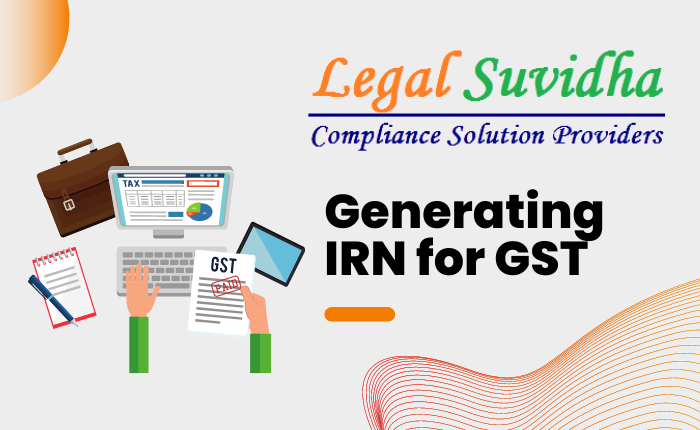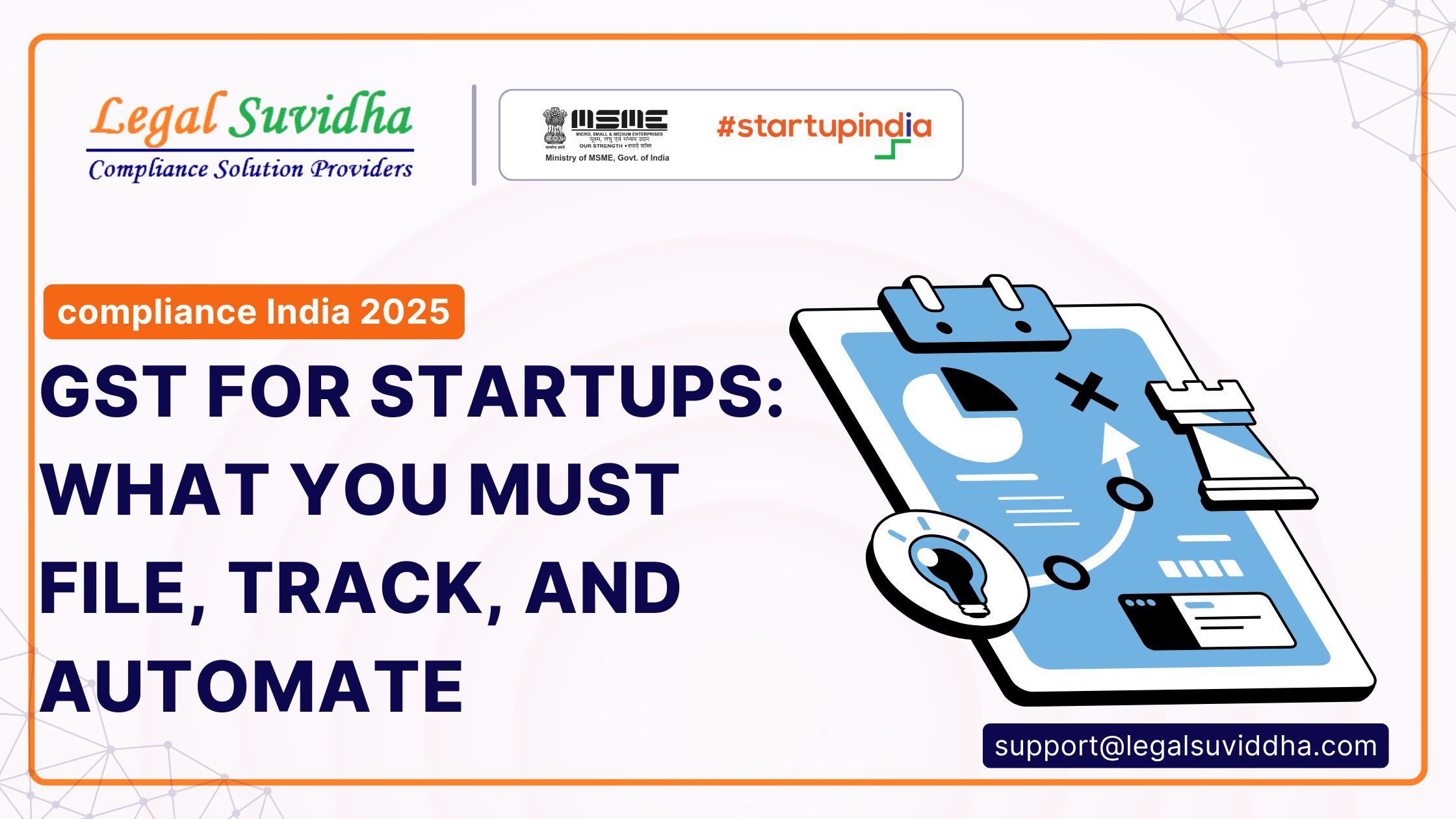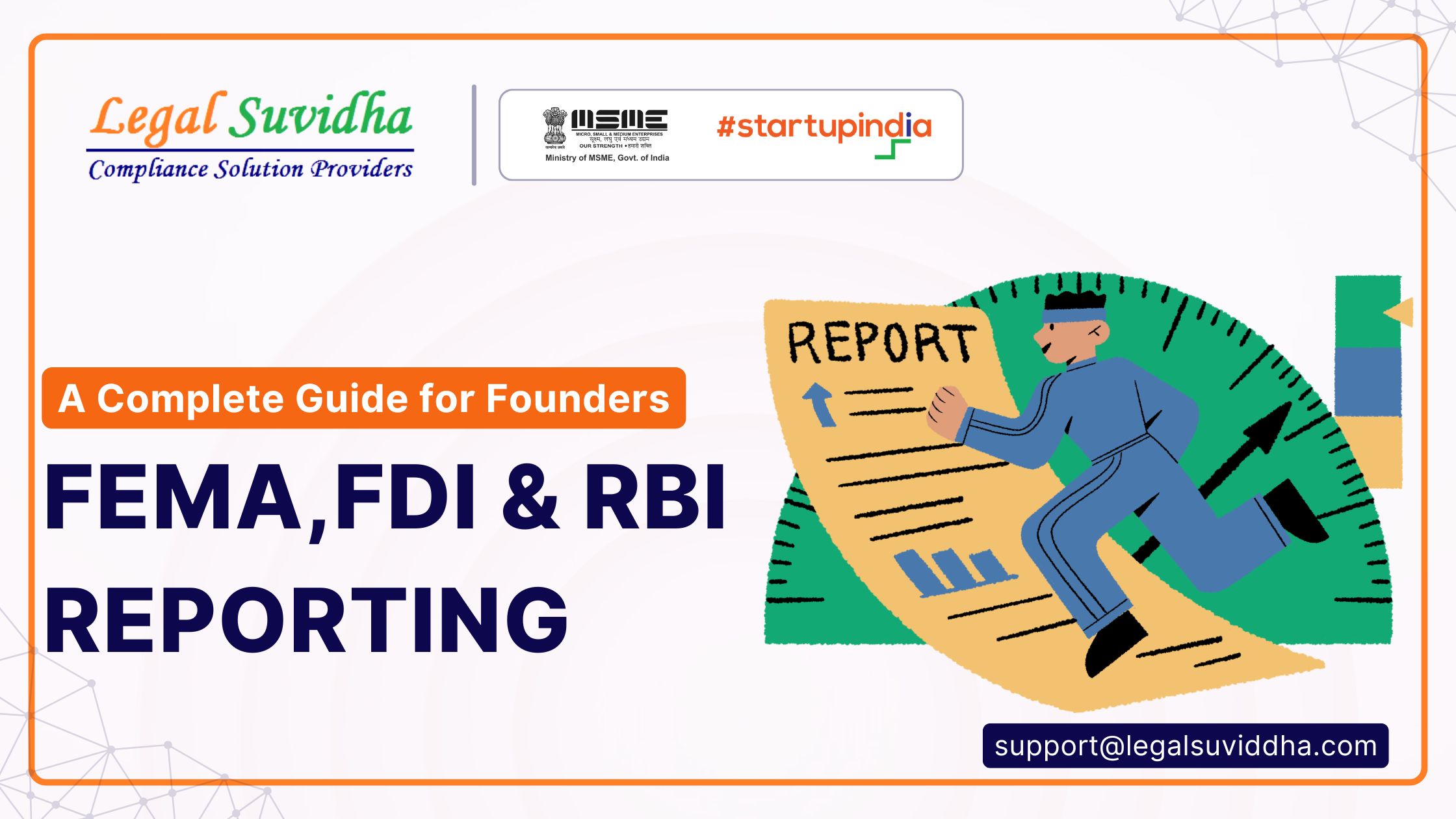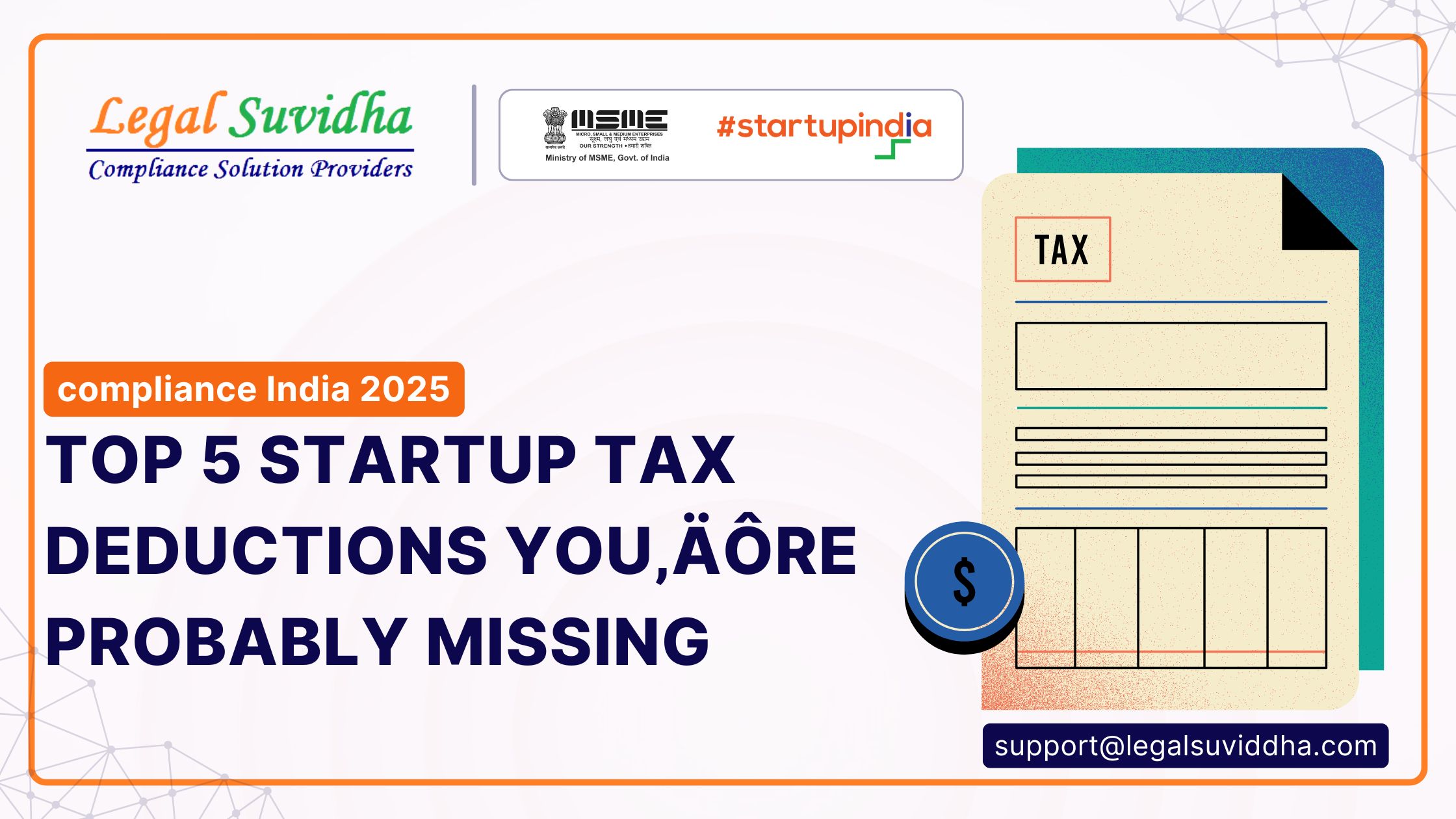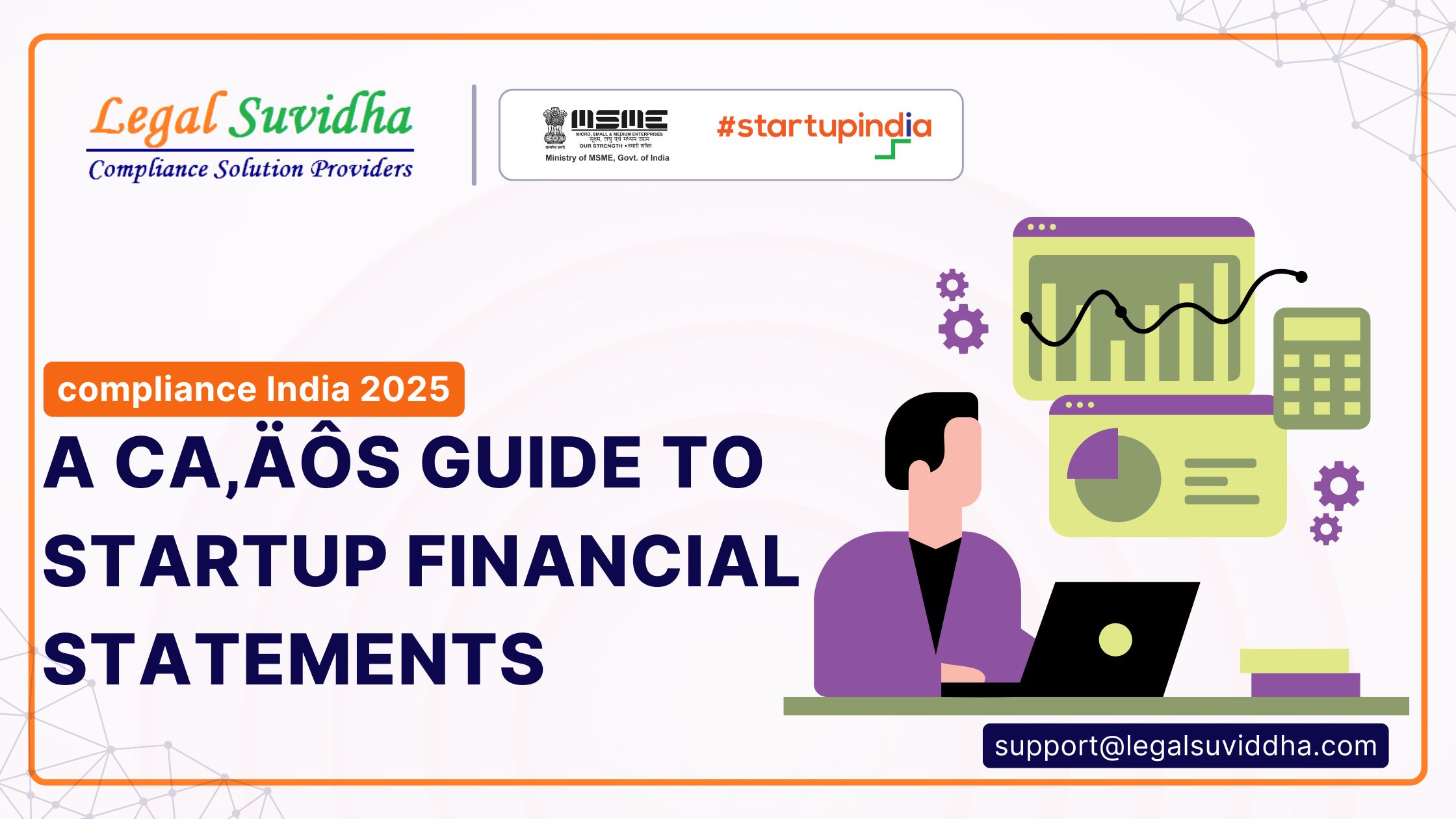In today’s digital era, businesses in India are required to adhere to the Goods and Services Tax (GST) regulations. One crucial aspect of GST compliance is the generation of the Invoice Reference Number. The IRN serves as a unique identifier for invoices issued by businesses. Generating IRN ensures that businesses are following the necessary protocols and maintaining accurate records. In this comprehensive guide, we will take you through the step-by-step process of generating IRN for GST in India.
1. Step 1: Registering for GST in India
2. Step 2: Obtaining a Digital Signature Certificate (DSC)
3. Step 3: Choosing the Right GSP (GST Suvidha Provider)
4. Step 4: Integrating the GSP API and Generating IRN
5. Step 5: Validating and Sharing the IRN with the Appropriate Authorities
Step 1: Registering for GST in India
Before you can start generating an Invoice Reference Number, it is essential to register your business for GST in India. GST registration is mandatory for businesses with an annual turnover exceeding the prescribed threshold. The process involves providing relevant business information, such as PAN, Aadhaar, and bank account details. It is advisable to consult a qualified professional or visit the official GST portal for a detailed step-by-step procedure.
Step 2: Obtaining a Digital Signature Certificate (DSC)
To ensure the authenticity and integrity of the generated IRN, obtaining a Digital Signature Certificate (DSC) is necessary. A DSC acts as a digital equivalent of a handwritten signature, providing assurance that the invoice has not been tampered with. You can obtain a DSC from certified authorities, and the process generally involves submitting necessary documents and completing the verification process.
Step 3: Choosing the Right GSP (GST Suvidha Provider)
To streamline the IRN generation process, businesses need to select a reliable GST Suvidha Provider (GSP). GSPs are authorized technology intermediaries that enable businesses to connect with the GST system. When choosing a GSP, consider factors such as user-friendly interface, integration capabilities, customer support, and pricing.
Step 4: Integrating the GSP API and Generating IRN
Once you have registered for GST, obtained a DSC, and selected a GSP, the next step is to integrate the GSP’s API into your invoicing software. This integration allows seamless communication between your business’s invoicing system and the GST system. After integrating the API, you can begin generating an Invoice Reference Number for each invoice issued by your business. The GSP API will facilitate the encryption and validation processes required for IRN generation.
Step 5: Validating and Sharing the IRN with the Appropriate Authorities
After generating the IRN for your invoices, the final step is to validate and share the IRN with the appropriate authorities. Ensure that the IRN is embedded in the invoice in the specified format. The validation process verifies the authenticity and accuracy of the Invoice Reference Number. Once validated, the invoice can be shared with the relevant authorities through the designated channels. This step ensures compliance with GST regulations and helps maintain accurate records.
IRN Documentation
Generating Invoice Reference Numbers (IRNs) is a crucial aspect of compliance with India’s invoicing regulations. Maintaining proper records and documentation for IRN generation is essential for audit and legal purposes. This guide provides an overview of the required documents for Invoice Reference Number generation, tips for maintaining accurate records and invoicing, and guidelines for documenting IRN generation for compliance.
1. Required Documents for IRN Generation:
To generate IRNs in India, the following documents are typically required:
a. Tax Invoice/Bill of Supply: A properly prepared tax invoice or bill of supply is a prerequisite for Invoice Reference Number generation. It should contain essential details such as invoice number, customer details (name and address), supplier details (name and address), GSTIN (Goods and Services Tax Identification Number) of both parties, description and quantity of goods/services, taxable value, applicable tax rates, and other prescribed details.
b. Supplier’s GSTIN Certificate: The GSTIN certificate of the supplier, issued by the Goods and Services Tax (GST) authorities, is necessary for Invoice Reference Number generation. It validates the supplier’s eligibility to issue invoices.
c. Transport Documents: In cases where the goods are being transported, relevant transport documents such as a delivery challan or a bill of lading should be maintained to support the IRN generation process.
d. Export/Import Documents (if applicable): If the transaction involves the export or import of goods/services, the relevant export or import documents should be maintained as supporting documentation for IRN generation.
2. Tips for Maintaining Proper Records and Invoicing for IRN Compliance:
To ensure compliance with Invoice Reference Number regulations and facilitate smooth audit procedures, consider the following tips:
a. Organize and Digitize: Maintain a well-organized record-keeping system to store all invoices, bills of supply, and supporting documents related to IRN generation. Consider digitizing these records for easy access and retrieval.
b. Retention Period: Retain the invoices, bills of supply, and supporting documents for the prescribed retention period as per the applicable tax laws. It is typically advisable to retain records for a minimum of six years.
c. Sequential Numbering: Assign unique and sequential invoice numbers to each tax invoice or bill of supply. This helps maintain an orderly record of transactions and supports accurate Invoice Reference Number generation.
d. Timely Invoicing: Ensure invoices are issued promptly after the supply of goods/services. Delayed invoicing may lead to non-compliance and hinder the IRN generation process.
e. Accuracy and Completeness: Double-check the accuracy and completeness of invoice details, including GSTINs, item descriptions, quantities, tax rates, and values. Inaccurate or incomplete information may result in IRN rejection.
3. Documenting IRN Generation for Audit and Legal Purposes:
To prepare for audits and meet legal requirements, consider the following practices:
a. IRN Logbook: Maintain a dedicated IRN logbook to record details of each Invoice Reference Number generated, including the corresponding invoice number, IRN, date and time of generation, and any relevant remarks.
b. Audit Trail: Establish an audit trail by documenting the step-by-step process followed for IRN generation. This includes capturing relevant timestamps, system-generated logs, and any manual interventions, if applicable.
c. Secure Storage: Store the IRN logbook, supporting documents, and other related records securely to prevent loss, damage, or unauthorized access. Digital storage solutions with appropriate access controls are recommended.
d. Data Reconciliation: Regularly reconcile the IRNs generated with the corresponding invoices and other transaction records to ensure consistency and identify any discrepancies.
IRN Application Process
1. Exploring the Online IRN Application Portal:
The online Invoice Reference Number application portal in India is the platform where businesses can apply for and generate IRNs. Key steps in the application process include:
a. Accessing the Portal: Visit the official website of the Goods and Services Tax Network (GSTN) or the government-designated portal for IRN generation.
b. User Registration: Create an account on the portal by providing relevant details such as the GSTIN, business information, and contact details.
c. Application Submission: Fill out the necessary forms with accurate invoice details, including invoice number, date, supplier and customer information, line item details, tax values, and other required fields.
d. Verification and IRN Generation: Upon submitting the application, the portal verifies the information provided and generates the IRN if the application is compliant. The IRN is then assigned to the respective invoice.
2. Common Issues and Solutions During the IRN Application Process:
During the Invoice Reference Number application process, businesses may encounter certain challenges. Here are some common issues and their solutions:
a. Data Validation Errors: Errors may occur due to incorrect or incomplete data entry. Double-check all the fields before submitting the application to ensure accuracy.
b. Portal Connectivity Problems: Slow internet connections or technical issues may hinder the application process. Verify your internet connectivity and try again. If the issue persists, contact the portal’s support team for assistance.
c. IRN Rejection: The portal may reject an application if the provided data does not comply with the prescribed format or if any validation rules are violated. Review the rejection reason and rectify the errors accordingly before resubmitting.
d. Downtime and Maintenance: Occasionally, the IRN application portal may undergo scheduled maintenance or experience downtime. Stay updated with announcements from the portal authorities to plan your IRN generation accordingly.
3. Enhancing Efficiency in IRN Generation with Automation Tools:
Leveraging automation tools can significantly streamline the IRN generation process. Consider the following tips:
a. Integration with ERP Systems: Integrate your Enterprise Resource Planning (ERP) system with the IRN application portal to automate data transfer and reduce manual data entry efforts. This ensures seamless synchronization of invoice data and reduces the chances of errors.
b. Invoice Generation Software: Utilize dedicated invoice generation software that incorporates IRN application functionality. These tools often offer templates, pre-defined fields, and validation checks to simplify the process and ensure compliance.
c. Bulk IRN Generation: For businesses with a high volume of invoices, explore automation tools that enable bulk Invoice Reference Number generation. This helps save time and improves efficiency by processing multiple invoices simultaneously.
d. Error Detection and Correction: Implement automation tools that can detect common errors in invoice data, such as incorrect tax rates or missing fields. These tools can also provide suggestions for correction, ensuring data accuracy and reducing the risk of IRN rejection.
Conclusion:
Understanding the online Invoice Reference Number application portal, common issues during the process, and automation tools can greatly enhance the efficiency and accuracy of IRN generation in India. By familiarizing yourself with the portal’s functionalities, addressing common issues proactively, and leveraging automation, businesses can streamline the Invoice Reference Number application process and ensure compliance with invoicing regulations.
If You have any queries then connect with us at [email protected] or [email protected] & you can contact us & stay updated with our latest blogs & articles

